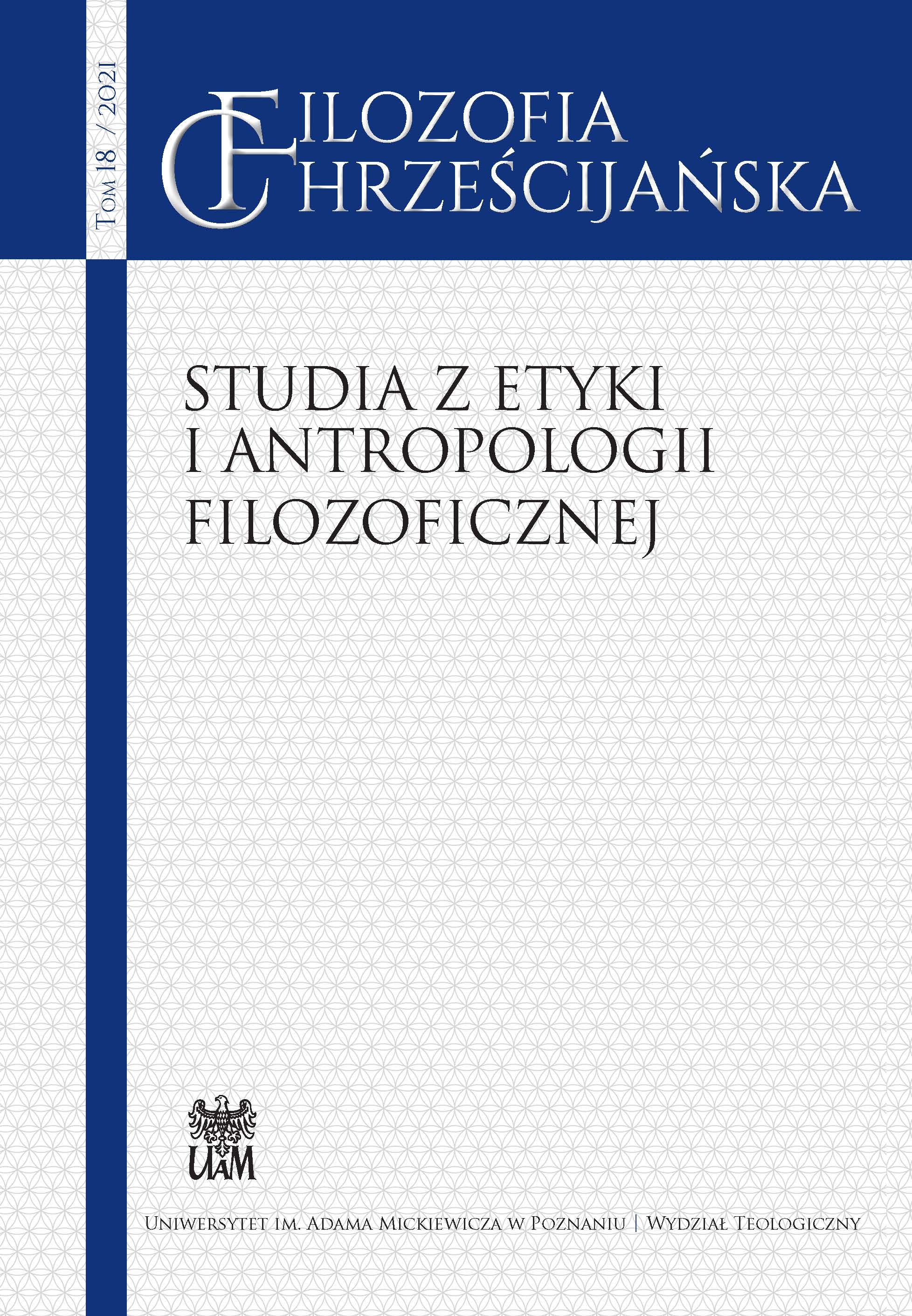„Słuchajcie słowa JHWH”1Abraham Abulafi a i Luis de León – mistyka języka
“Hear the word of YHWH” Abraham Abulafi a and Luis de León – the mystic of language
Author(s): JADWIGA CLEA MORENO SZYPOWSKASubject(s): Philosophy of Religion
Published by: Uniwersytet Adama Mickiewicza
Keywords: Abraham Abulafia; Luis de León; Abraham ibn Ezra; mystic of language; mystic of words; mystic of letters;
Summary/Abstract: Abraham Abulafia, a 13th-century Sephardic Kabbalist and brother Luis de León, a 16th-century Spanish theologian, develop in their exegesis a mystic of language that can be divided into mysticism of words and mysticism of letters. The love of the Hebrew language and the conviction that it is the language of God lead both of them to believe that each of its parts is sacred. Abraham Abulafia, wanting to penetrate the secrets of the Holy Scriptures, develops a hermeneutic method of reading it, in which the adept, after special preparation, delves into the inspired text to transform into the divine letter of the Hebrew alphabet. United with the Creator, he becomes capable of prophesying, and it is the main goal of the prophetic or ecstatic kabbalah developed by the Sephardic sage. Luis de León does not go that far, but by identifying the name with God, he comes to the conclusion that the letters, having a double function, encompass the whole of existence, becoming self-sufficient. In the texts of a Catholic religious from a family of converts, and in particular in the treatise Meditations on the Divine Name, one can find numerous traces of the Sephardic method, which proves that the cultural heritage of the Jews expelled from Spain in 1492 survived in the minds of their grandchildren. The author, taking on the above-mentioned text by Luis de León, Light of Intellect and Book of the Sign of Abraham Abulafia, presents the mysticism of the language, with particular emphasis on the mysticism of the word and letters, which combine to form numerous forms of God’s names. Both Abraham Abulafia and Brother Luis de León, in their understanding of the Scriptures, were both faithful to tradition – for example, when they reached for the authority of another Sephardic, Abraham ibn Ezra – as innovative, in keeping with the spirit of Jewish exege- sis in which, as succinctly expressed by the Hasidic rabbi Nachman from Bracław: „It is forbidden to grow old!”
Journal: Filozofia Chrześcijańska
- Issue Year: 2021
- Issue No: 18
- Page Range: 7-27
- Page Count: 21
- Language: Polish

